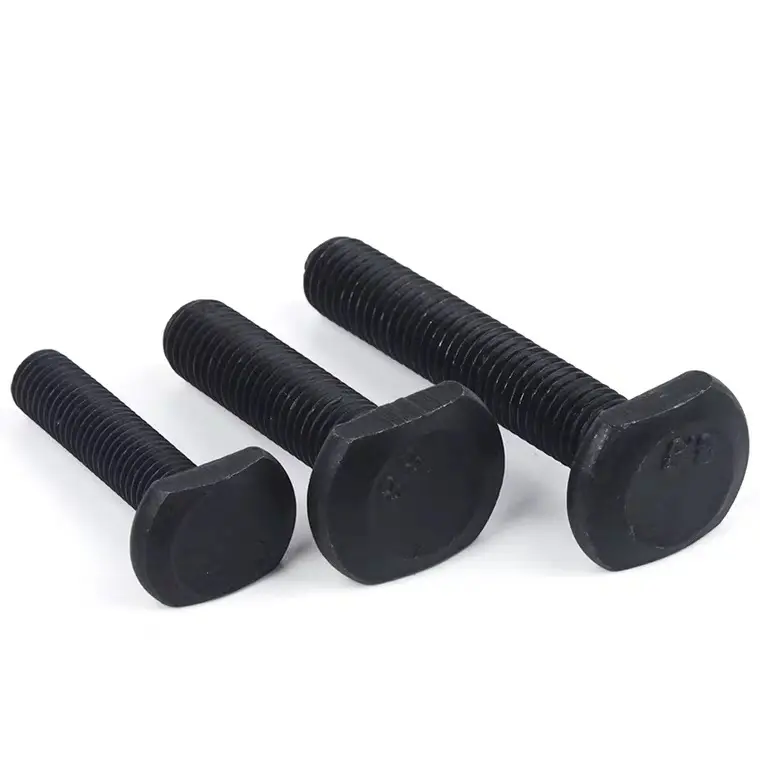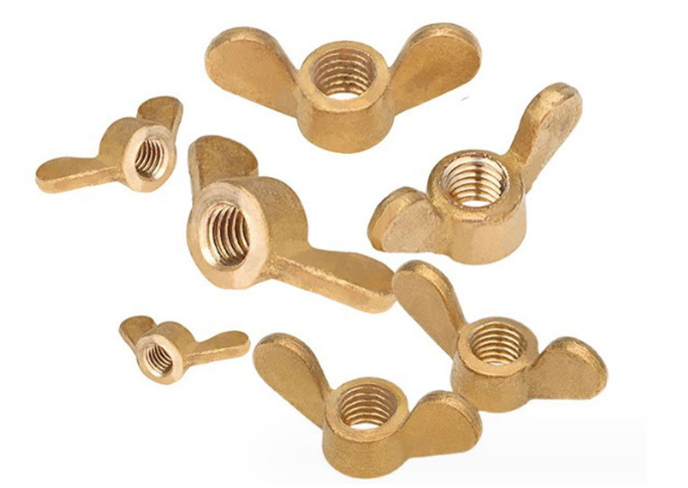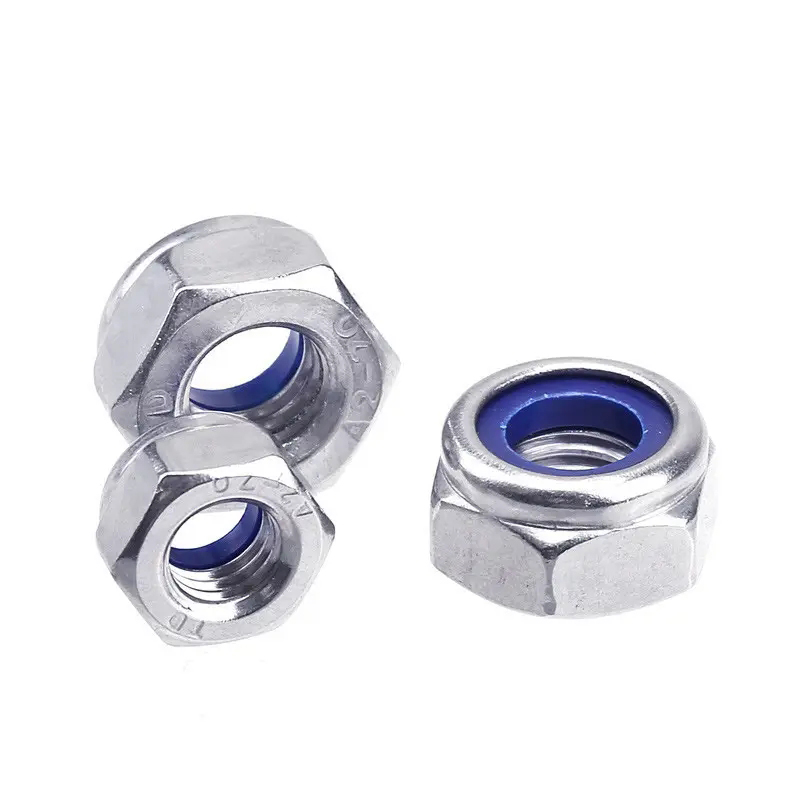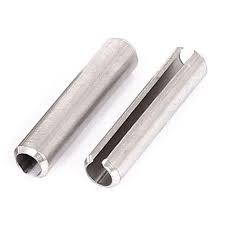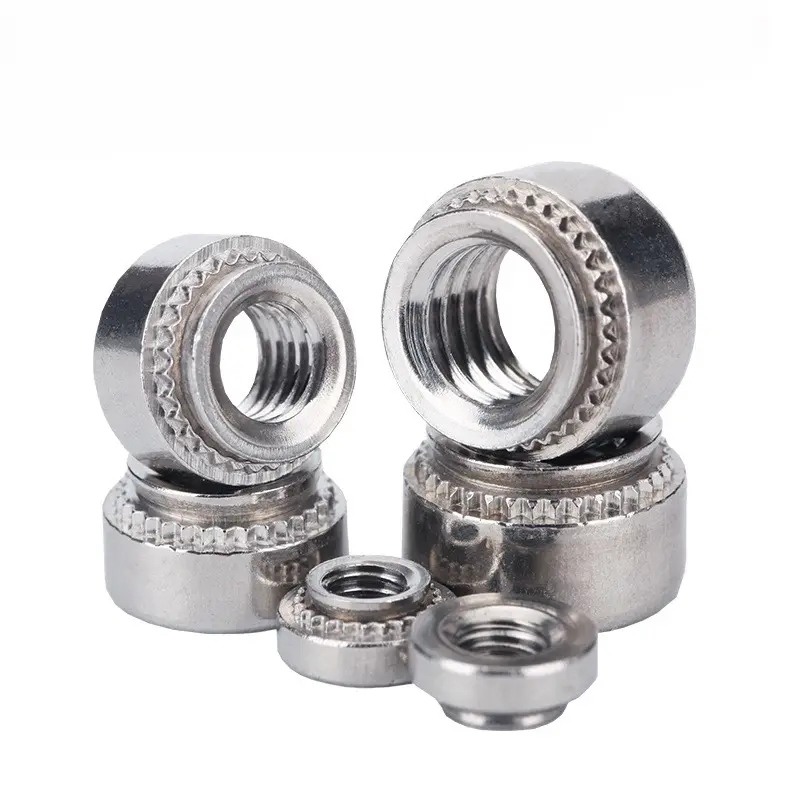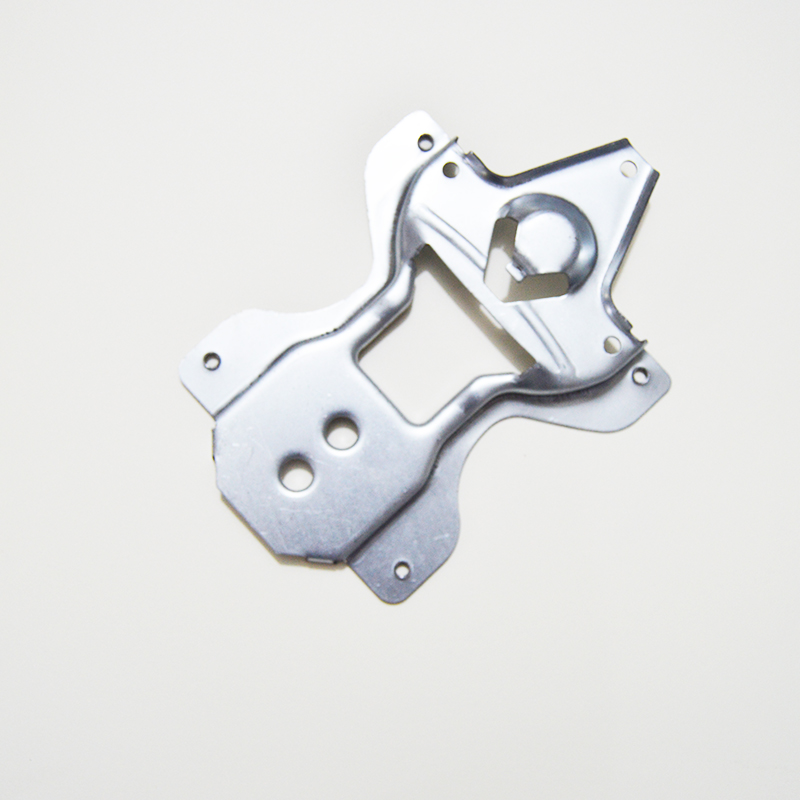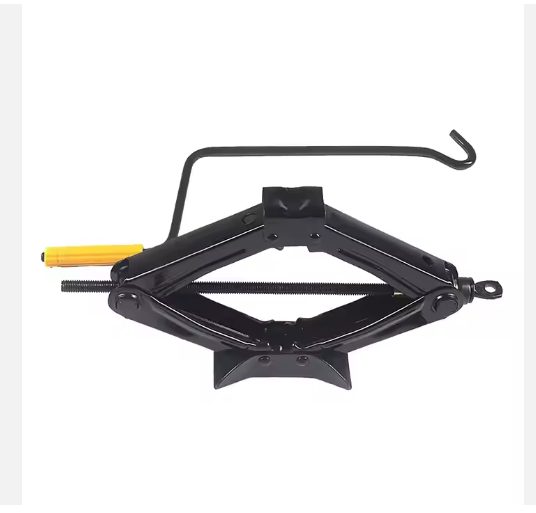

This guide provides a detailed overview of the bolt exporter business, covering key aspects from understanding market demands to optimizing your export strategy. Learn about different bolt types, sourcing strategies, international trade regulations, and effective marketing techniques to build a thriving export business.
The bolt exporter market encompasses a wide variety of bolts, each with specific applications. Understanding these differences is crucial for effective sourcing and marketing. Common types include machine bolts, carriage bolts, hex bolts, and specialty bolts like expansion bolts and anchor bolts. The demand for each type varies depending on regional industrial needs and construction projects.
Before diving into exporting, thorough market research is essential. Identify your target markets – regions with high demand for specific bolt types. Analyze competitor pricing and strategies, focusing on areas where you can offer competitive advantages, whether through superior quality, competitive pricing, or specialized bolt offerings. Consider using online market research tools and analyzing import/export data from relevant trade organizations to gain a better understanding of the demand.
Establishing relationships with reliable bolt manufacturers is paramount. Consider factors like production capacity, quality control measures, and certifications (e.g., ISO 9001). Directly visiting potential suppliers is highly recommended to assess their capabilities and infrastructure firsthand. Due diligence is crucial to ensure consistent product quality and timely delivery.
Maintaining high quality standards is essential for success as a bolt exporter. Implement rigorous quality control checks throughout the production process. Obtain relevant certifications like ISO 9001 to demonstrate your commitment to quality and meet international standards. These certifications can significantly improve your credibility and attract more buyers.
Navigating international trade regulations requires careful attention to detail. Understand customs procedures, import duties, and relevant documentation requirements for your target markets. Working with a customs broker or freight forwarder can significantly simplify this process.
Choosing the right shipping method is critical for cost-effectiveness and timely delivery. Consider factors such as shipping costs, transit times, and insurance requirements. Explore different shipping options, including sea freight, air freight, and courier services, to determine the most suitable method for your specific needs and order volumes.
Establish a strong online presence through a professional website and active engagement on relevant B2B platforms. Optimize your website for search engines (SEO) and utilize digital marketing techniques to reach potential buyers. Consider using online marketplaces or creating an e-commerce platform to streamline sales and improve customer reach.
Networking is crucial in the international trade arena. Attend trade shows and industry events to connect with potential buyers and distributors. Building strong, long-term relationships with your customers is key to sustained growth and success. Consider offering personalized customer service and competitive pricing strategies to maintain positive relationships.
While specific details of successful companies cannot be disclosed due to confidentiality concerns, generally, focusing on niche markets, developing strong supplier relationships, and consistently providing high-quality products and reliable service are key to success in this sector. Investing in modern technologies and efficient supply chains also allows for better scalability and profitability.
Becoming a successful bolt exporter requires a multifaceted approach that combines market research, efficient sourcing, navigating international trade regulations, and effective marketing strategies. By focusing on quality, reliability, and customer service, businesses can build a thriving and sustainable export operation. Remember to continuously adapt to changing market demands and embrace new technologies to remain competitive.
For high-quality bolts and fasteners, consider partnering with a reliable supplier. Learn more about Hebei Dewell Metal Products Co., LTD at https://www.deweLLfastener.com/

